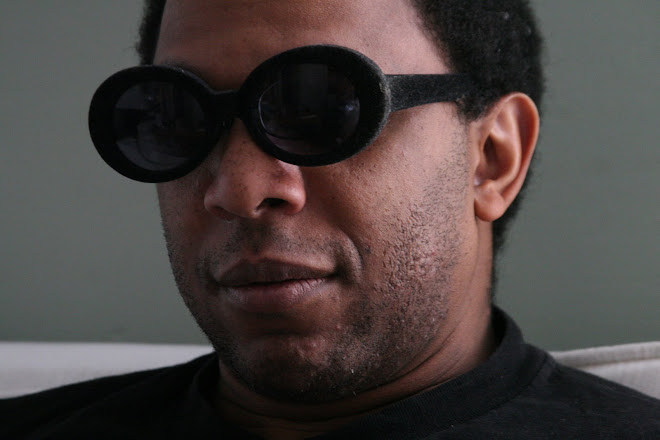Acting white
From Wikipedia, the free encyclopedia
Acting white, from an epithet applied by some blacks to other blacks (also other minorities such as Asians and Hispanics), refers to a perceived betraying of one's race by incorporating the social expectations of mainstream white society, particularly in the United States. This encompasses such things as speaking Standard English, dressing conservatively, living in suburbs, and otherwise attempting to conform to behavior approved of by the dominant culture.
Though not all scholars define acting white in precisely the same way, most definitions include a reference to situations where some minority adolescents ridicule their minority peers for engaging in behaviors perceived to be characteristic of whites. In 1986, Nigerian sociologist John Ogbu co-authored, along with Signithia Fordham, a study that concluded African American students in a Washington, D.C., high school did not live up to their academic potential because of the fear of being accused of "acting white," echoed in his 2003 book Black American Students in an Affluent Suburb: A Study of Academic Disengagement. He concluded that the black students' own cultural attitudes hindered academic achievement and that these attitudes are too often neglected. However, as Ogbu made clear in his seminal work, Minority Education and Caste (1978), school disengagement among caste-like minorities occurs because of the glass ceiling placed by white society on the job-success of their parents and others in their communities. He reasoned that non-whites "failed to observe the link between educational achievement and access to jobs." [1]
Though the study's conclusion gained a popular foothold and has been espoused by figures such as Bill Cosby, a later study refuted its validity. In 2003, Karolyn Tyson, a sociologist, and William Darity Jr, an economist, both at the University of North Carolina at Chapel Hill, directed an 18 month study at eleven North Carolinian schools. The study found that white and black students have essentially the same attitudes about scholastic achievement; students in both groups want to succeed in school and show higher levels of self-esteem when they do better in school. [2]
A 2006 study titled An Empirical Analysis of "Acting White" by Roland G. Fryer, Jr. at Harvard University and Paul Torelli suggested that the phenomenon probably had little to no effect on students achieving at average levels, but might explain a significant role in the disparities between black and white students at high achievement levels.[3]
Contents[hide] |
[edit] Popular culture references
- Carlton Banks of the television show The Fresh Prince of Bel-Air characters was referred to as "acting white."
- Barack Obama is often questioned on whether he is "black enough" to represent the African American community as a potential presidential candidate, since he is not the descendant of slaves but the son of an African immigrant.[1]
- The words Bounty (chocolate bar) and Oreo are sometimes used by the black community as insult similar to acting white



No comments:
Post a Comment